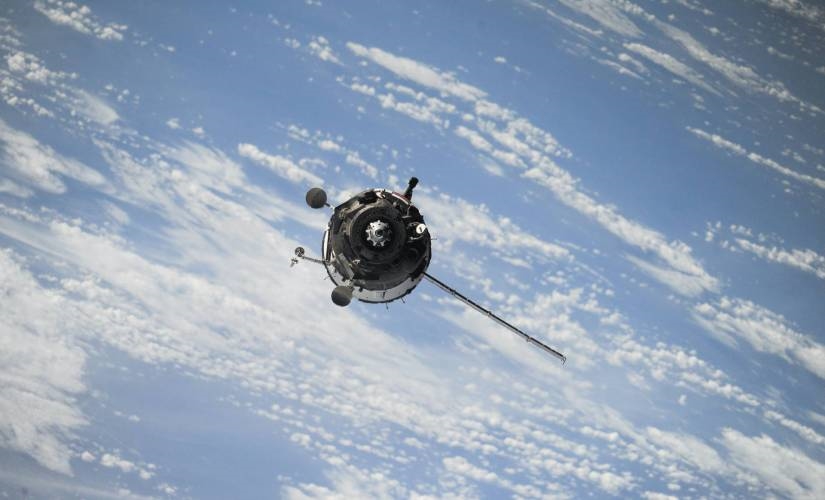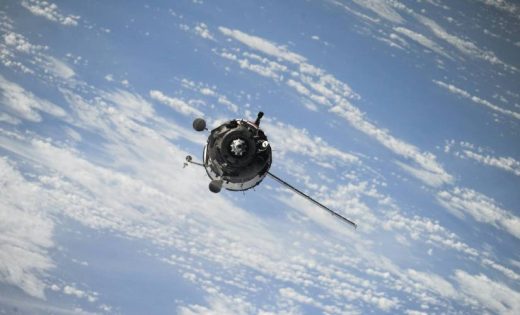Euclid: Unveiling the Mysteries of Dark Energy with a Powerful Telescope
Euclid: Unveiling the Mysteries of Dark Energy with a Powerful Telescope

In the quest to unravel the secrets of the universe, scientists have always been driven by a relentless curiosity. One of the greatest enigmas that has puzzled astrophysicists for decades is the nature of dark energy. To shed light on this elusive force and delve deeper into the mysteries of the cosmos, the European Space Agency (ESA) is preparing to launch an extraordinary space probe: Euclid. This groundbreaking telescope will embark on a mission to scan billions of galaxies, spanning over 10 billion years of cosmic time, providing invaluable data to help us better understand dark matter and dark energy.
Euclid is not just an ordinary space telescope; it is a powerful dark energy detector. With over a decade of meticulous planning and hard work, the ESA is poised for a momentous liftoff at 11:11 Eastern time on July 1, from Cape Canaveral, Florida. A SpaceX Falcon 9 rocket will carry Euclid into the depths of space, with the launch broadcasted live on the ESA website.
Euclid’s primary mission is to survey more than one-third of the sky, providing an unprecedented view of the universe. Unlike previous telescopes, Euclid will be able to chart the cosmos without interference from the disk of our Milky Way. By capturing a comprehensive view of the universe, Euclid will enable scientists to study in intricate detail how our universe’s expansion has accelerated, driven by the enigmatic dark energy.
Astrophysicists have only scratched the surface of understanding the universe, with normal matter, which constitutes a mere 5 percent, being the tip of the cosmic iceberg. Dark matter, comprising approximately 25 percent of the universe, acts as the invisible scaffolding that shapes the formation and distribution of galaxies. The remaining 70 percent is attributed to dark energy, an enigmatic and hypothetical force that accelerates the expansion of the universe by driving it apart. Dark energy became the dominant element billions of years ago, propelling the universe’s continuous inflation.
A pivotal aspect that Euclid aims to investigate is the ratio of the pressure of dark energy to its density, denoted as “w.” Albert Einstein hypothesized the existence of a “cosmological constant,” where the universe is permeated with empty space possessing its own energy, which interacts with gravity. If this theory holds true, the pressure of dark energy should be equal to the negative energy density, resulting in w equalling -1. While previous telescopes have provided indications supporting this theory, their measurements have had significant uncertainties. Euclid’s data will provide more accurate measurements of w, offering insights into whether the cosmological constant accurately explains the universe’s acceleration.
Euclid’s mission extends beyond confirming the cosmological constant; it also seeks to shed light on the dynamic nature of dark energy throughout cosmic history. By analyzing the immense amount of data collected, scientists hope to uncover any variations in w over time, painting a more comprehensive picture of the universe’s evolution.
The significance of the Euclid mission cannot be overstated. Carole Mundell, the ESA’s director of science, emphasizes that Euclid will allow us to address some of the fundamental questions of cosmology. By precisely mapping the cosmic structure and expansion history of the universe, this groundbreaking telescope will revolutionize our understanding of dark energy and its role in shaping the cosmos.
First reported on Wired
The post Euclid: Unveiling the Mysteries of Dark Energy with a Powerful Telescope appeared first on ReadWrite.
(10)


